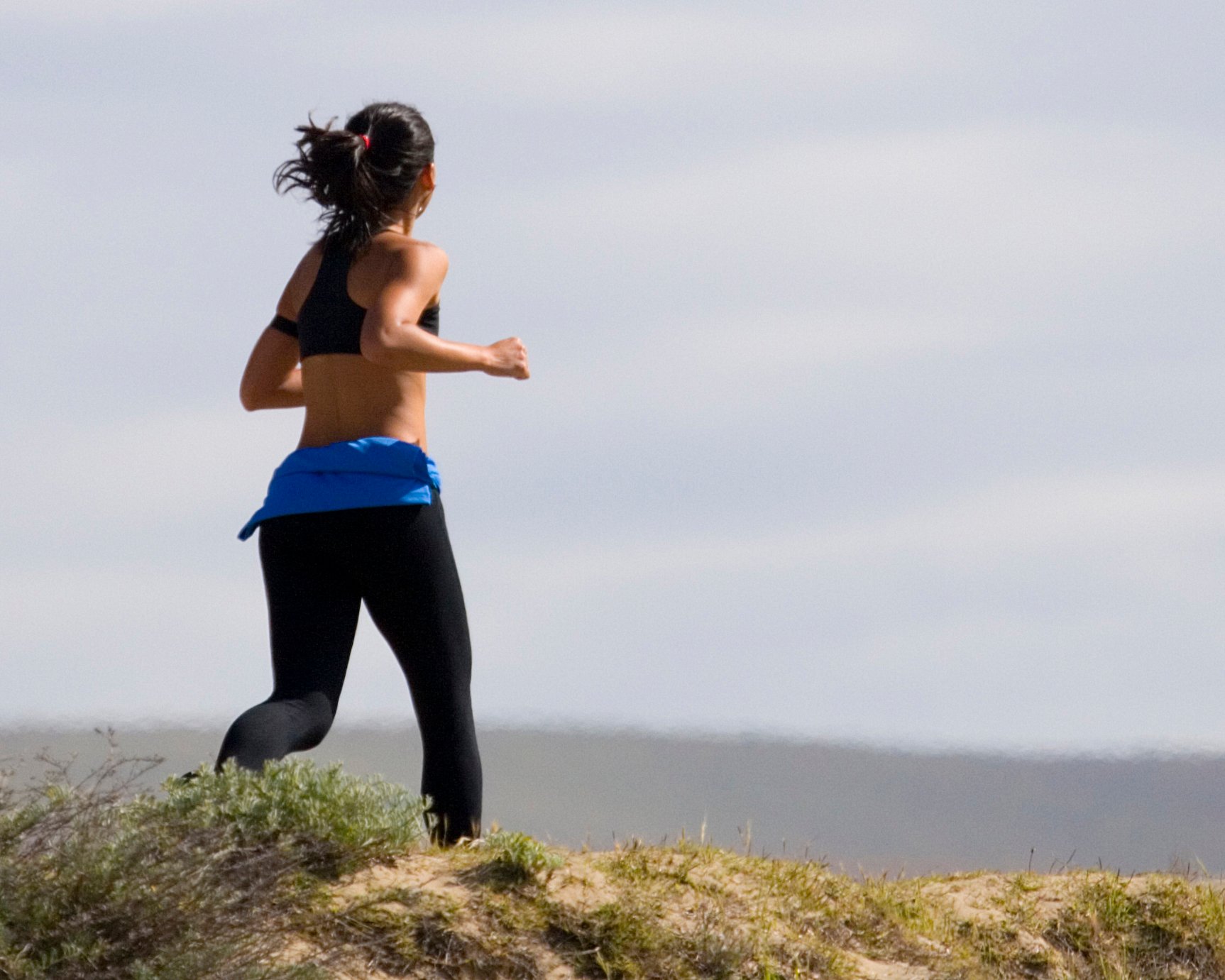Watching The men who made us fat is a double edged sword for me. I like to learn more about the food and fitness industries and I certainly learn a lot watching the show however I do think the presenter Jacques Peretti has his own opinion and I can’t say it is completely accurate. I feel it is almost as biased as the industries he is trying to expose.
I feel the show is confusing the issue as does pretty much everything I read on nutrition or exercise. There is generally too much politics. They gloss over the fact that we used to be active all the day instead of the little bit we are these days. More importantly because we were active all the time we were much fitter. So when we were active we burnt more calories per minute than we do now. We had both quality and quantity of energy expenditure because the fitter someone is the more calories they can burn per minute. Their body knows how to make this possible because exercise is about finding ways to burn more calories and get more done so those who exercise more regularly get better at burning calories for longer.
During my degree I learnt a lot about how the body uses energy, adapts to exercise and how we track the energy itself. I also learnt a lot about interpreting science and coming to my own conclusions. I read a lot of research at the time. Often off my own back because my personal goal was understanding how to treat diseases like obesity. My conclusion is actually that we don’t have perfect methods to track the energy use of the body and so we cannot draw perfect conclusions from any of our research. Frustrating but that is a common argument in any area of research. I just don’t think many people want to accept that.

Activity also has many more impacts on the human body than simple calorie burning and each can be essential to losing weight. To say it simply I feel a body needs to function properly in order to lose weight. That means it must know when to use certain types of energy and how to clean up the waste products they create. It also means that all the processes a working body requires to function properly do so. Functions like sleep so the body can repair all the daily damage that happens during the day.
By solely focusing on calories burnt people always miss the much wider and more important picture of what activity and just a balanced lifestyle itself can really do for us. So this really is a simple case of reductionism gone too far. The implications of research are misinterpreted. This is why I try to distill everything into common sense that I can apply and believe in. The facts I am convinced by are that we used to eat more yet we had very little obesity. During the second world war, during rationing, people on average ate more than we do now.The main and clear difference is the quality and quantity of activity. Back then you had to move to live. Only the rich could be lazy and funnily enough only the rich had the health problems the west now suffer from. This active lifestyle is not assumption. It is what I find when I ask people about how things used to be. Before everything was so automated and easy. People really did have to get food from the local shops every day because they didn’t have fridges and freezers. My mum was telling me about keeping milk and butter under the sink. What else would you do.
As regards data I use government data because it is open, generally methodically collected and unbiased as much as any data can be unbiased. It also reflects a large population making the results more valuable. The trend is clear. We ate much more then than we do now. I only wish they had tracked activity as well. I couldn’t find this data for any country in the world so I couldn’t make a comparisonThe difference is subtle. We didn’t do more intense exercise, it was more gentle instead but this adds up. I have not seen studies on the energy requirement of manual labour like washing, farming, mining and other active jobs compared to sitting at a desk typing. But I think it is safe to assume it was more taxing than our current work situation. We forget just how long we spend every day doing very little to tax our muscles and expend energy. Even adding small amounts of activity occasionally may not add up to much per minute but per day it could be 50-100 calories or more which adds up to half a stone of fat per year. Funnily enough that is about how fast many people add weight and why it is so hard to spot.
The truth is that you don’t actually have to eat much more to put on a lot you just need a lot of time or just to stop moving. What is noticeable when you look for it is the lack of data on how much energy we burn on average per day. There is no data on this to match the data for what we eat. Recently it has started to be recorded but it just doesn’t go as far back as that on nutrition. All I see is that we have consistently been burning less calories per day than we used to. Particularly over the course of a year. We are busier than ever but this activity does not translate into movement any more like it used to. Of course many people would still be bigger if they were active. That was true then as is now but not so many.
What I see is a longtail of energy expenditure. We track the headline numbers of how much energy is burnt to move us a certain amount but not the less obvious aspects like the cost of cells regenerating in response to activity and energy lost as heat. We also don’t have perfectly accurate methods of tracking the stored energy consumed. Add to that the other deeper side of weight loss which is about consistency and a balanced life. Activity can have a powerful effect because it makes you want to eat and do the right things. It gets your cells to behave properly. These wider and complex effects of exercise are not understood or promoted very well. Only the obvious effects like energy consumption get the attention.
Only when you consider the full impact of exercise or lack of it on your entire well being do you realise the contribution it can make over a lifetime. That means understanding that when you’re tired you don’t want to do the right things. Activity can help improve your sleep but can take 4 months to have an impact. Exercise can also help store and use energy properly, improve bones, use electrolytes better and improve mood but we do not know how long these improvements will take for each person or the types of activity required. Often it is not even the activity but the environment the activity puts you in that is the benefit. The social and emotional bonds you create and experiences you enjoy have as much an impact as any direct physical benefits.
Activity also makes you stronger so you can resist the impact of daily life. I am not the first to suggest that high cholesterol and added weight can be a consequence of lots of damage within the body. Being active makes your body better at recovering and thus repairing the damage. The body systems thus work well and normal service is resumed. Energy is used properly and you can and want to do the things that your body needs.
Essentially proper activity and recovery are key to balance in life. This is something that could never be appreciated when applying such a narrow vision like tv programmes tend to. So ultimately I see that these shows end up drawing fact from fiction because they do not consider the debate in the complex way it needs to be seen. Instead they use statistics to promote the very confusion they aim to eradicate.
Wow. this article has certainly got me opinionated. But then, as a scientist and engineer that is how I have been trained. Truth is truth. If we don’t have the full data yet then we can not draw full conclusions. We must search for the full truth and not assume. I am getting increasingly confident in the opinions I draw because I have researched quite widely and then applied what I have found. It does not mean I am right but I can see how each theory stands up to every test I can apply to it. These programmes unfortunately don’t present theories I can fully believe in.
[Learn more about]